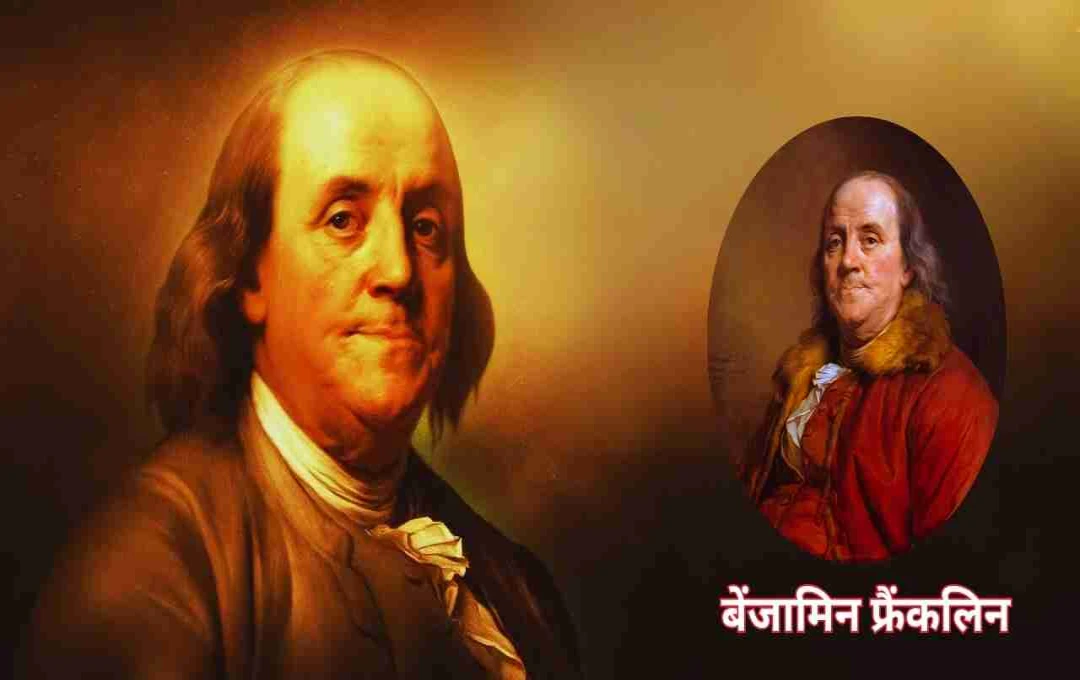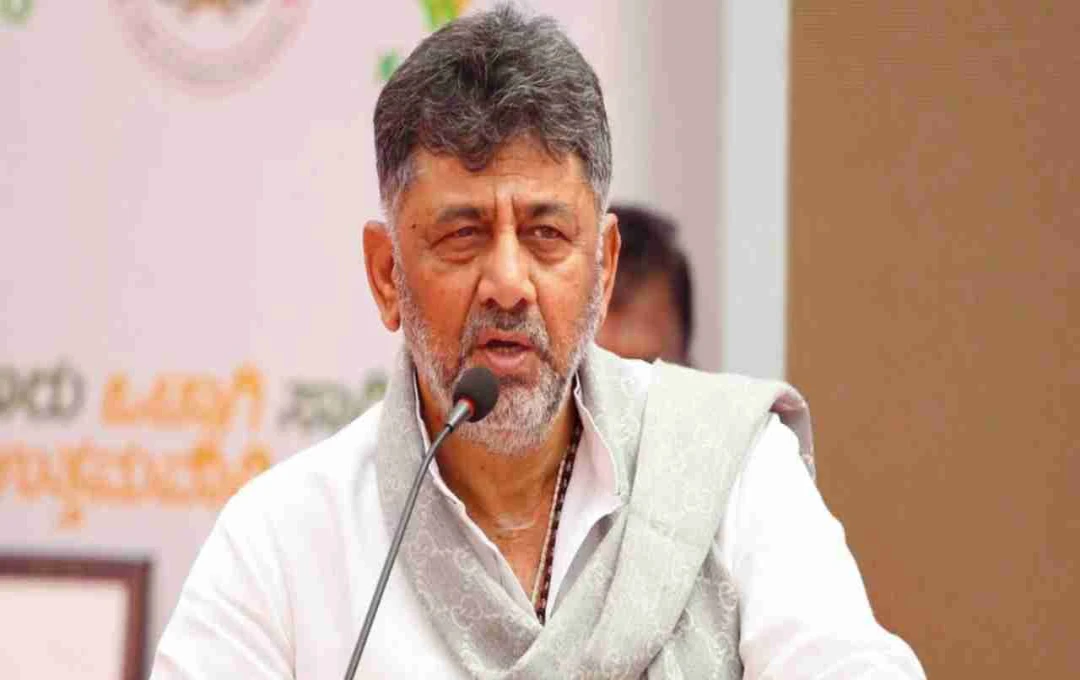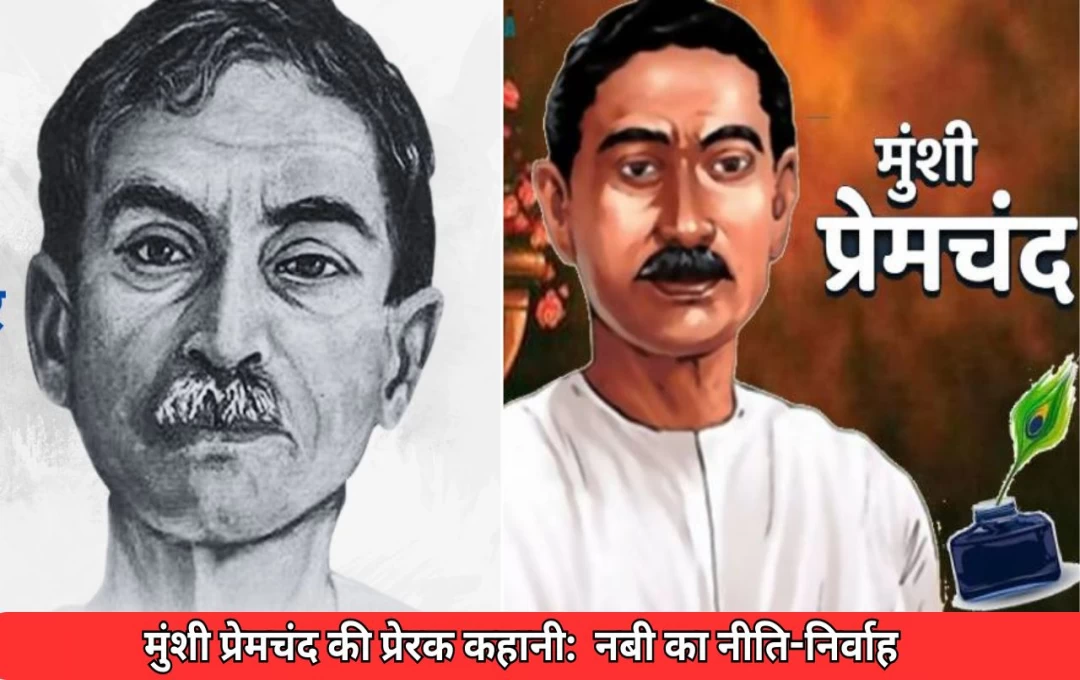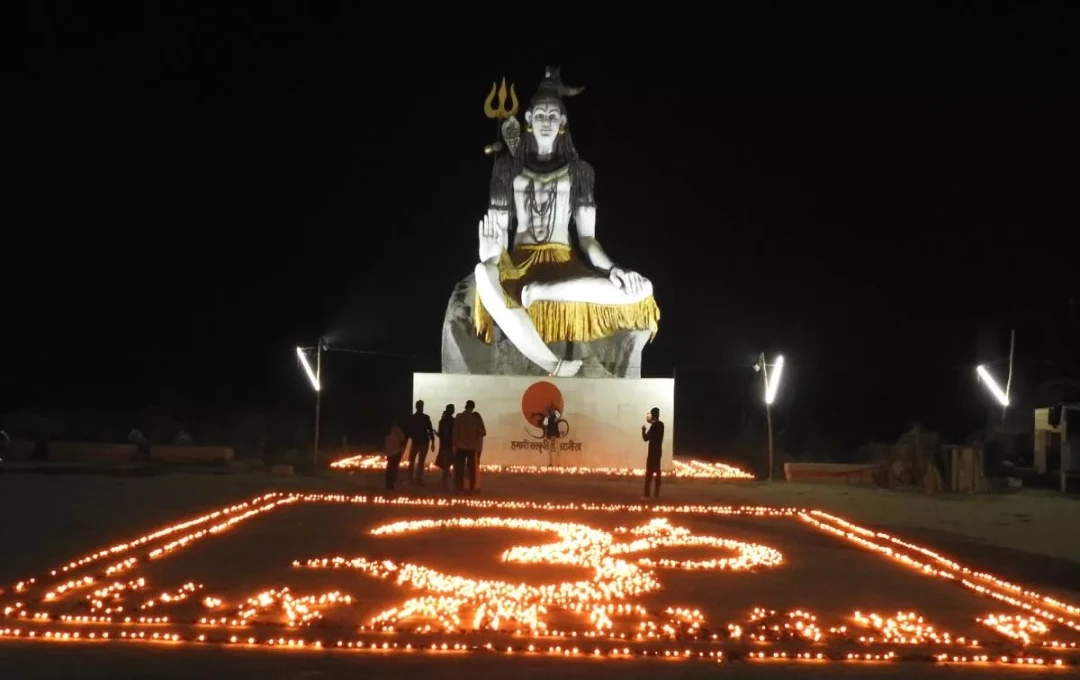Benjamin Franklin is not just a name, but a personality who played a significant role in the creation of America through his ideas, inventions, and actions. He was a writer, a scientist, an inventor, a diplomat, and above all, a thinker who was capable of giving a new direction to society. Franklin's story is not about achieving success in one field, but it is a story of curiosity and dedication that affects every aspect of life.
Early Life: From Struggles to Determination
Benjamin Franklin was born on January 17, 1706, in Boston, Massachusetts Bay Colony. His father, Josiah Franklin, was a candle and soap maker. Benjamin was the fifteenth of a total of 17 siblings. His father wanted him to become a clergyman, but due to financial constraints, he could only send him to school for two years. This is where the journey of a self-reliant and knowledge-thirsty boy began, who would later change the world.
Education and Self-Reliance: Direction from Books
Even after leaving school, Franklin's education did not stop. He educated himself through books and became an apprentice with his brother James at a printing press. When he did not get the opportunity to express his views, he began writing articles under the pseudonym 'Silence Dogood'. His articles became so popular that the citizens of Boston considered her an enlightened woman. This was the power of his writing, which later made him an influential editor and writer.
Journey to Philadelphia and Flight of Self-Reliance
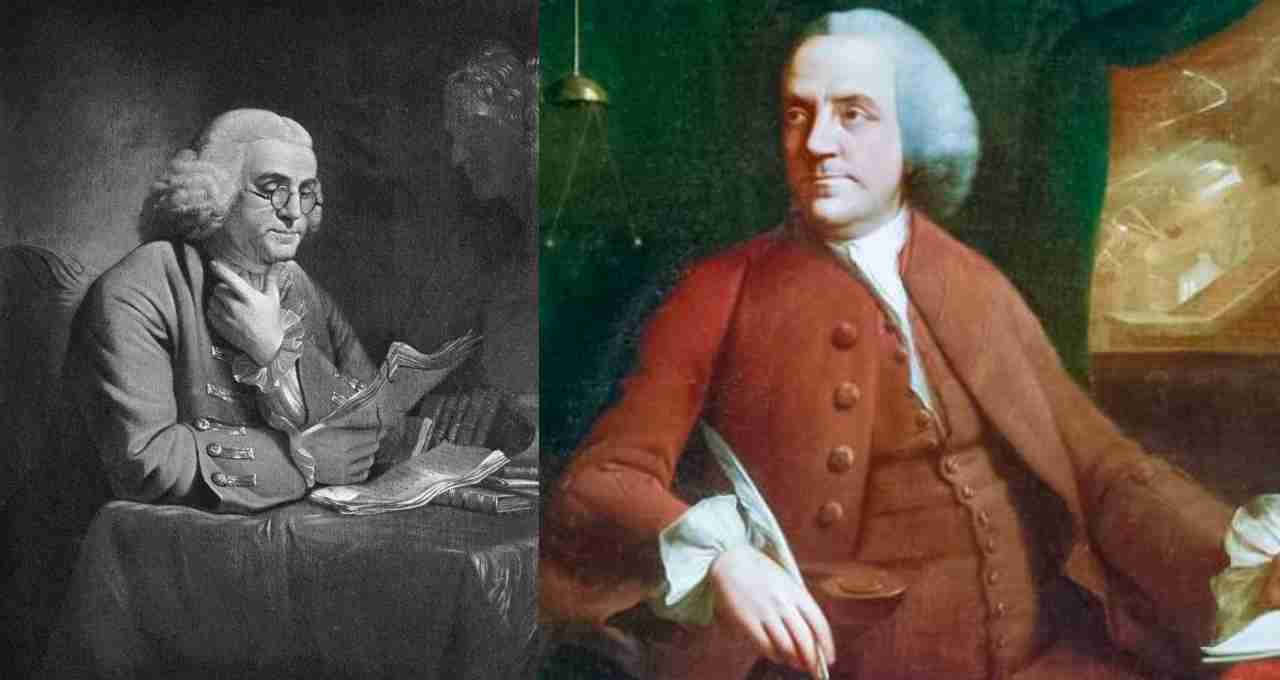
At the age of 17, Franklin went to Philadelphia and started working in printing shops. After this, he traveled to London, where he was deceived, but he considered it an opportunity to learn. After returning from London, he started a printing press with Hugh Meredith and published a newspaper called 'Pennsylvania Gazette'. From here, his name began to spread throughout the colonies.
Scientific Experiments and Amazing Inventions
Franklin's scientific approach was a hallmark of his life. While experimenting with electricity, he invented the 'Lightning Rod', which saved millions of lives. He also created bifocal glasses, the glass harmonica, and the 'Franklin Stove'. He studied the currents of the Gulf Stream and prepared its map. His scientific experiments became the foundation of the American Enlightenment era.
Social Service and the Light of Education
Franklin believed that education and knowledge are the backbone of society. In 1731, he established America's first public library, the 'Library Company of Philadelphia'. In 1751, he established the 'University of Pennsylvania', which is considered one of the most prestigious institutions in America today. He was one of the first people to lay the foundation for institutions such as fire service, hospitals, and postal service. He also became the first Postmaster General of America.
Politics and Contribution to the Freedom Struggle
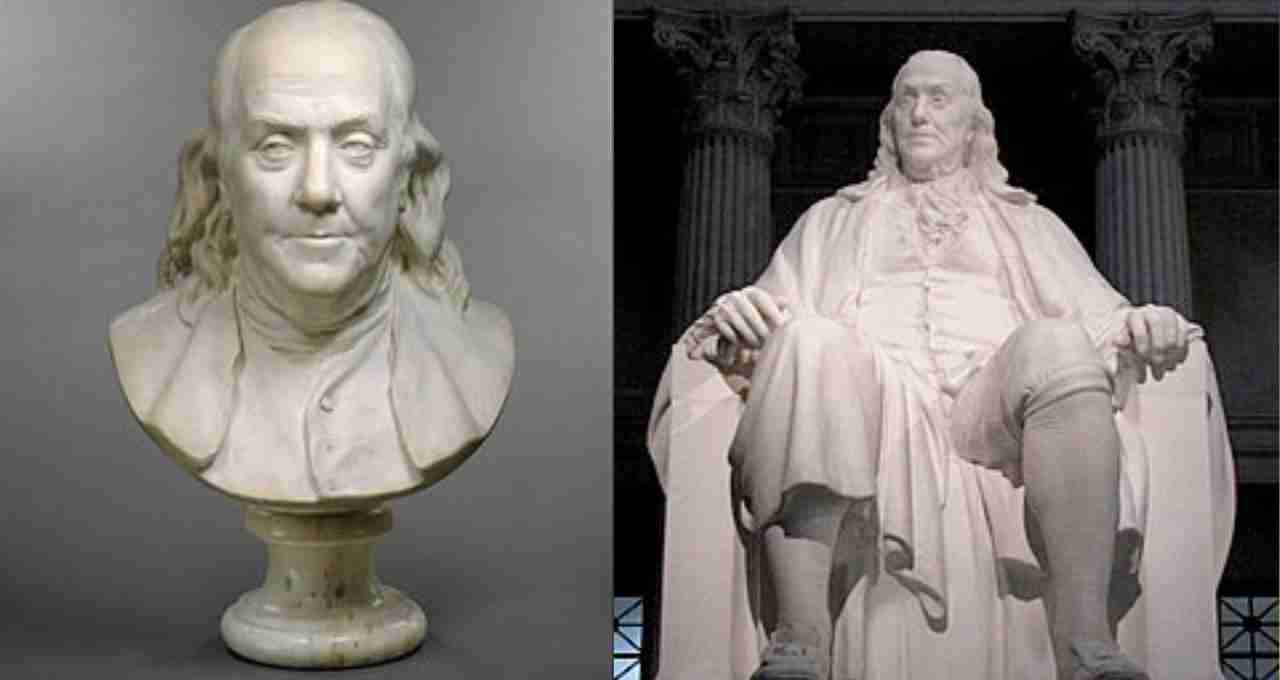
Benjamin Franklin was not only a scientist, but he was also a leader in the American freedom struggle. He went to the British Parliament to raise America's voice in protest against the 'Stamp Act'. He was the only founder to sign the Declaration of Independence, the Treaty of Paris (which recognized America's independence), and the American Constitution. He became America's first ambassador to France and strengthened America-France friendship.
Humanitarian Side and Inner Conflict
Franklin's life was not only full of achievements, but it also included human errors and self-correction. Initially, he supported slavery, but later he openly opposed it, calling it 'immoral'. He always gave importance to self-reflection and created principles of morality, which he followed throughout his life.
Legacy and Inspiration: Franklin's Immortal Influence
Benjamin Franklin's legacy is still alive today. He is depicted on the US $100 bill, and many institutions, ships, towns, and universities are named after him. The values he gave—freedom, education, discovery, dialogue, and morality—are still relevant today. He had said, 'Well done is better than well said.' That is, good deeds are better than good words. His life is proof of this principle.
Benjamin Franklin's life teaches us that no matter what the circumstances, if the intentions are b, then with knowledge, hard work, and service, we can improve not only ourselves, but the entire society. He was a visionary who connected science with human service and freedom with wisdom. Whether it is India or America, every young person should take inspiration from his life that the darkness of ignorance can be removed with the electricity of knowledge.
